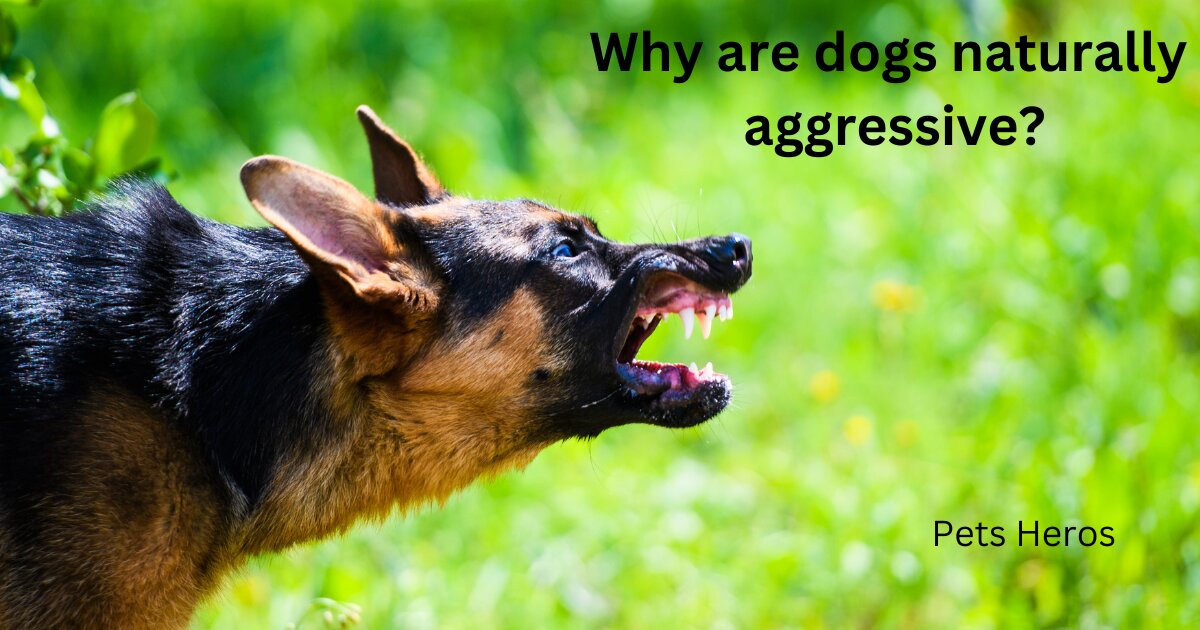Why are dogs naturally aggressive?: The team suggests that it could be due to a disease-causing pain that leads to aggression, as described above.
The study showed that smaller dogs are more aggressive than larger dogs, and there is no difference in the behaviour of mid-sized or large dogs.
Environmental factors. Dogs that live in households without other dogs and those whose owners have never owned a dog before are more aggressive than dogs who do.
It’s tempting to speculate. It may seem obvious that a dog in pain or fear would be more likely to attack than one who is healthy and happy, but other factors can be harder to explain.
Hannes Lohi is a Professor of Molecular Genetics at the University of Helsinki, Folkhalsan Research Center, and the study’s author.
The case is that smaller dogs have not been trained as well as bigger ones since they can do less damage when aggressive. [Why are dogs naturally aggressive?]
7 types of dogs are naturally aggressive
- Pit Bull Terrier
- Rottweiler
- Doberman Pinscher
- German Shepherd
- Chow Chow
- Akita
- Bull Terrier
1. Pit Bull Terrier
Certain American Pit Bull Terriers can be dangerous. They are aggressive towards humans or animals.
They may not have been “their own fault” in that they could have inherited bad genetics and/or been abused or raised badly.
The end result, however, is that these dogs are dangerous. It’s not the entire breed. Some individuals, yes.
Many Pit Bull Terriers, on the other hand, are sweethearts. Many Pit Bulls that have been bred poorly (or raised poorly or abused) never lose trust in humans. You’ll be able to cry.
You can’t always tell from a person’s appearance whether he is dangerous. You don’t want to make a mistake because the consequences could be severe. You cross the street to be safe. [Why are dogs naturally aggressive?]
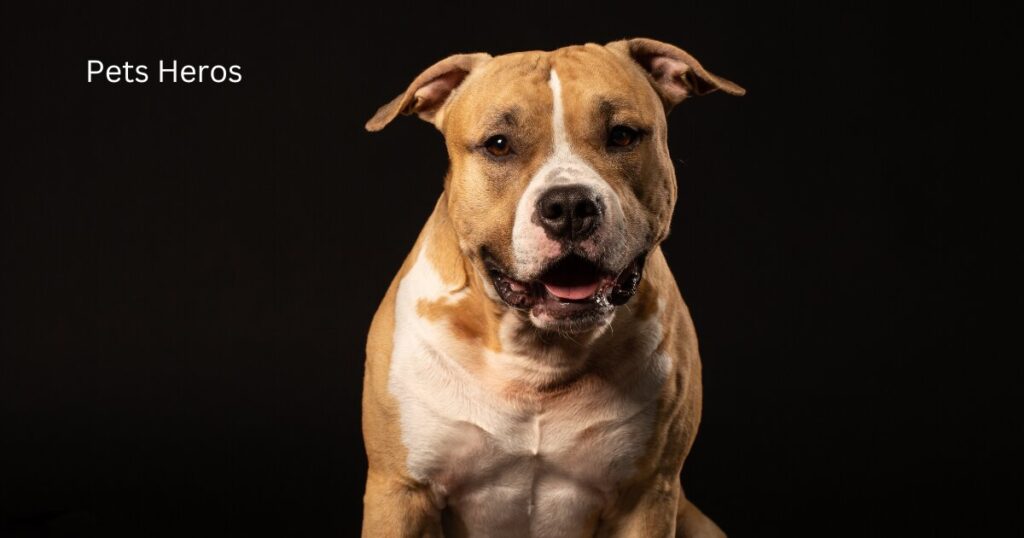
2. Rottweiler
Some Rottweilers can be serious, while others act like clowns. Rottweilers tend to be quiet and wait and see when exposed to new influences, such as strange sounds and sights.
This muscular dog requires space and exercise. He needs brisk daily walks, play sessions with other dogs, and opportunities to run and stretch. Mental exercise is just as important.
Mental exercises include advanced obedience, agility, and Schutzhund classes for Rotties from German Schutzhund lineages.
Rottweilers must be socialized thoroughly from an early age so their territorial instincts can be controlled and not indiscriminate. [Why are dogs naturally aggressive?]
Read Also: Do dogs have good memories?
3. Doberman Pinscher
In many countries, the breed is called Dobermann, with two ns after its founder, Louis Dobermann. The pinscher is tacked onto the breed name in the US and Canada.
This athletic dog requires brisk daily walks and as much running as possible. Lack of exercise and companionship can cause restlessness and behavioural problems.
This breed is equally as intelligent and needs mental exercise. Socialization should begin early and be extensive to prevent either shyness or sharpness.
While some Doberman Pinschers love strangers, they are more reserved and protective towards their families.
Some Doberman Pinschers can be dominant around other dogs. Some Doberman Pinschers are cat-chasers, while others enjoy small animals. [Why are dogs naturally aggressive?]
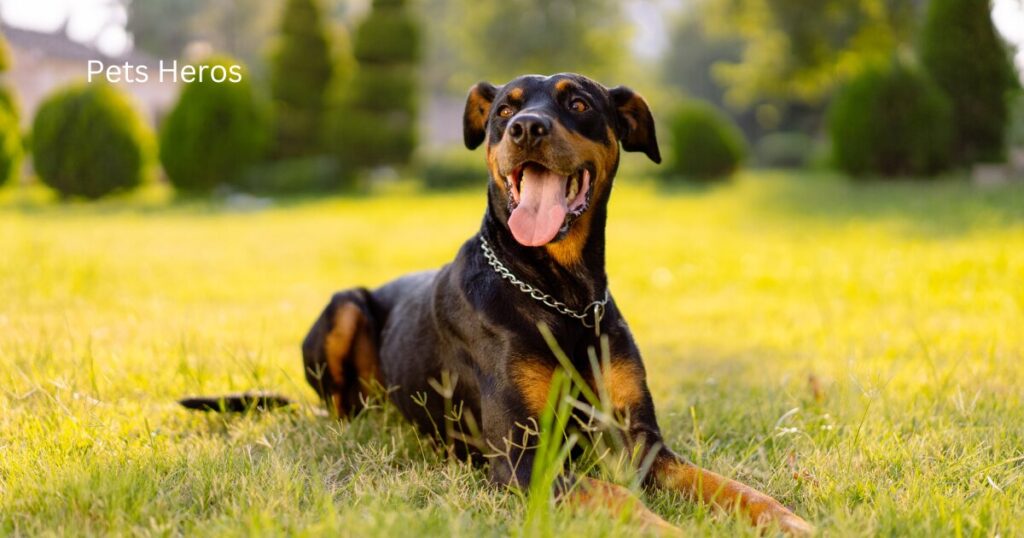
4. German Shepherd
German Shepherds have also been used as police, personal protection, and military sentry dogs. So expect traits such as aloofness toward strangers and protective/territorial instincts.
This breed is also excellent at bomb and drug detection and can guide the blind. You would certainly expect high intelligence and self-confidence.
When properly raised by a confident owner, they can make a wonderful companion. It’s no coincidence that my first dogs were German Shepherds.
Unfortunately, it is difficult to find a German shepherd with a perfect temperament today. Or at least a temperament that is ideal for a family companion. [Why are dogs naturally aggressive?]
5. Chow Chow
This serious, dignified dog with its lion-like ruff is an introvert. Chow Chows should be socialized with people early to develop their natural territorial instincts.
The Chow is a quiet, clean dog that’s easy to housebreak. He makes a great companion if you can respect his independence while still maintaining household rules.
It can be difficult to train this breed, which is obstinate and dominant. This is not a good choice for first-time owners.
His bulky build and unnatural, stilted walk make him an unlikely jogging or cycling companion. You can get by with daily walks.
There are two coat types, and the Smooth Coated Chow tends to be more active than its Rough Coated brother. It could be that the lighter coat makes it easier to move around! [Why are dogs naturally aggressive?]
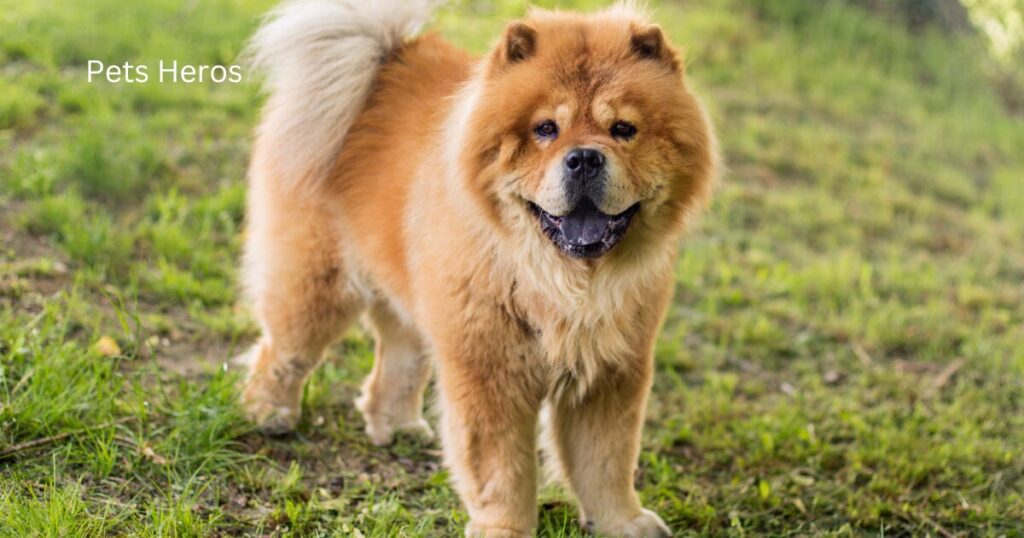
6. Akita
Akita Inu are handsome, calm and dignified. They are also clean (easy housebreaking) and quiet (rarely barks). It’s easy to see why he would be considered a desirable dog!
However, the Akita Inu is a very complex dog that can be difficult to raise. There’s a disagreement, or the other dog approaches Akira’s favourite toy or food bowl.
Akita Inus are physically powerful, reserved and protective. They must be introduced to strangers at a young age so their guarding instincts do not become indiscriminate.
Akitas are aggressive towards dogs of the exact same gender. Two males or females should not be left together.
This breed is difficult to read – he may not show obvious signs of aggression. Instead, an Akita will co-exist with another dog peacefully until suddenly and seemingly out of nowhere. [Why are dogs naturally aggressive?]
Read Also: Do some dogs never bark?
7. Bull Terrier
Standard Bull Terrier and Miniature Bull Terrier are two separate breeds. They have similar temperaments. They are sweet-tempered but also rowdy, clownish and full of fire.
He needs to be able to walk frequently, play ball occasionally, and be immersed in the family. Lots of interaction and companionship.
Bullies are known to greet strangers by bouncing enthusiastically (often knocking them over) and kissing their faces.
Some lines are characterized by aggression and timidity. Early socialization can help develop a stable and positive attitude.
English Bull Terriers should never be kept together with other dogs of the same gender. Cats may also be dangerous.
Bull Terriers are very possessive about their food. Do not let another pet or child approach the Bull Terrier while he is eating. [Why are dogs naturally aggressive?]
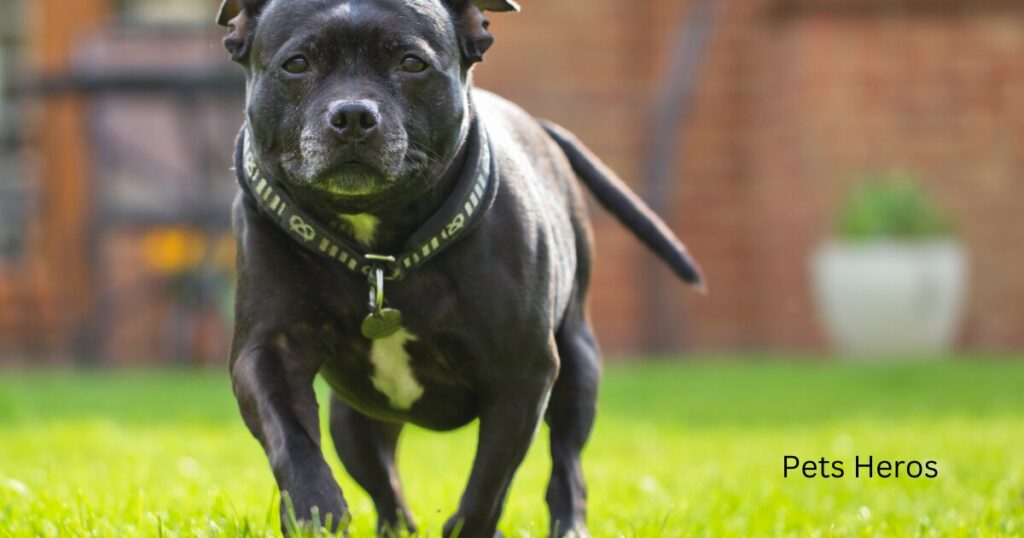
Conclusion:
While aggression in dogs may be caused by several factors, including genetics and socialization, it’s important to remember that not all dogs have innate aggressive tendencies.
Many aggressive tendencies can easily be modified or managed with the right training, socialization and supportive environment.
Understanding the causes of aggression will help pet owners create a more positive and safe relationship with their animals. [Why are dogs naturally aggressive?]
1. Does aggression come naturally to all dogs?
Ans: Not all dogs are aggressive by nature. The level of aggression can differ greatly between breeds and dogs. Some dogs may be protective, while others will be more docile.
2. Why do dogs become aggressive?
Ans: The factors that influence aggression include genetics, socialization and fear. Territorial behaviour can also be affected by past trauma. The background of each dog is important in determining their behaviour.
3. What is the impact of socialization on aggression?
Ans: Socialization can prevent aggressive behaviour in puppies. Socialized dogs are more balanced and less afraid.
